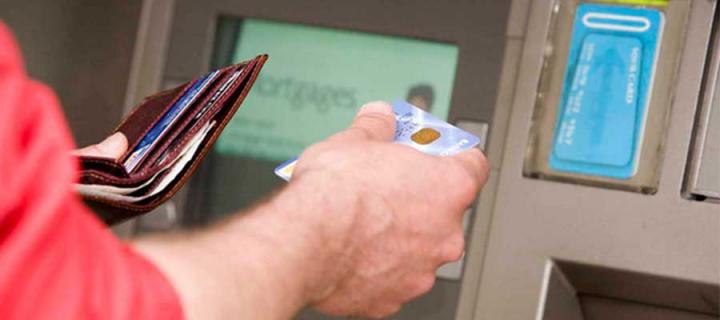Repayments
How you will repay your tuition fees and student loan.

You only start repaying your student loans after you leave your degree programme and are earning over the threshold of the repayment plan you are on.
- If you have a Plan 1 student loan:
You’ll only repay when your income is over £423 a week or £1,834 a month (before tax and other deductions).
- If you have a Plan 2 student loan:
You’ll only repay when your income is over £524 a week, £2,274 a month or £27,295 a year (before tax and other deductions).
The thresholds change on 6 April every year.
Key points
- You do not have to pay tuition fees upfront.
- You only pay back your loan when you earn the threshold amount according to the plan you are on.
- The amount will automatically be taken out of your salary.
- Student loans do not go on credit files.
- Repayments are made over the course of 30 years.
- After 30 years, even if you haven’t finished paying the loan, it is wiped off.
How loan repayments work
- Repayments on your loan will start in the April after you leave the University, provided you are earning over the threshold according to the plan you are on for repayment.
- If your income falls below the threshold your repayments stop - for example if you take a career break or are unemployed - until you start earning over the threshold again.
- All your student loans are added together and your employer will automatically take repayments from your salary, at the same time as they take tax and National Insurance contributions.
- If you are self-employed, HM Revenue & Customs will collect your repayments through the self-assessment system, along with your tax.
- Any outstanding balance is written off after 30 years.
Further details on the repayment of student loans can be found on the UK Government website.


